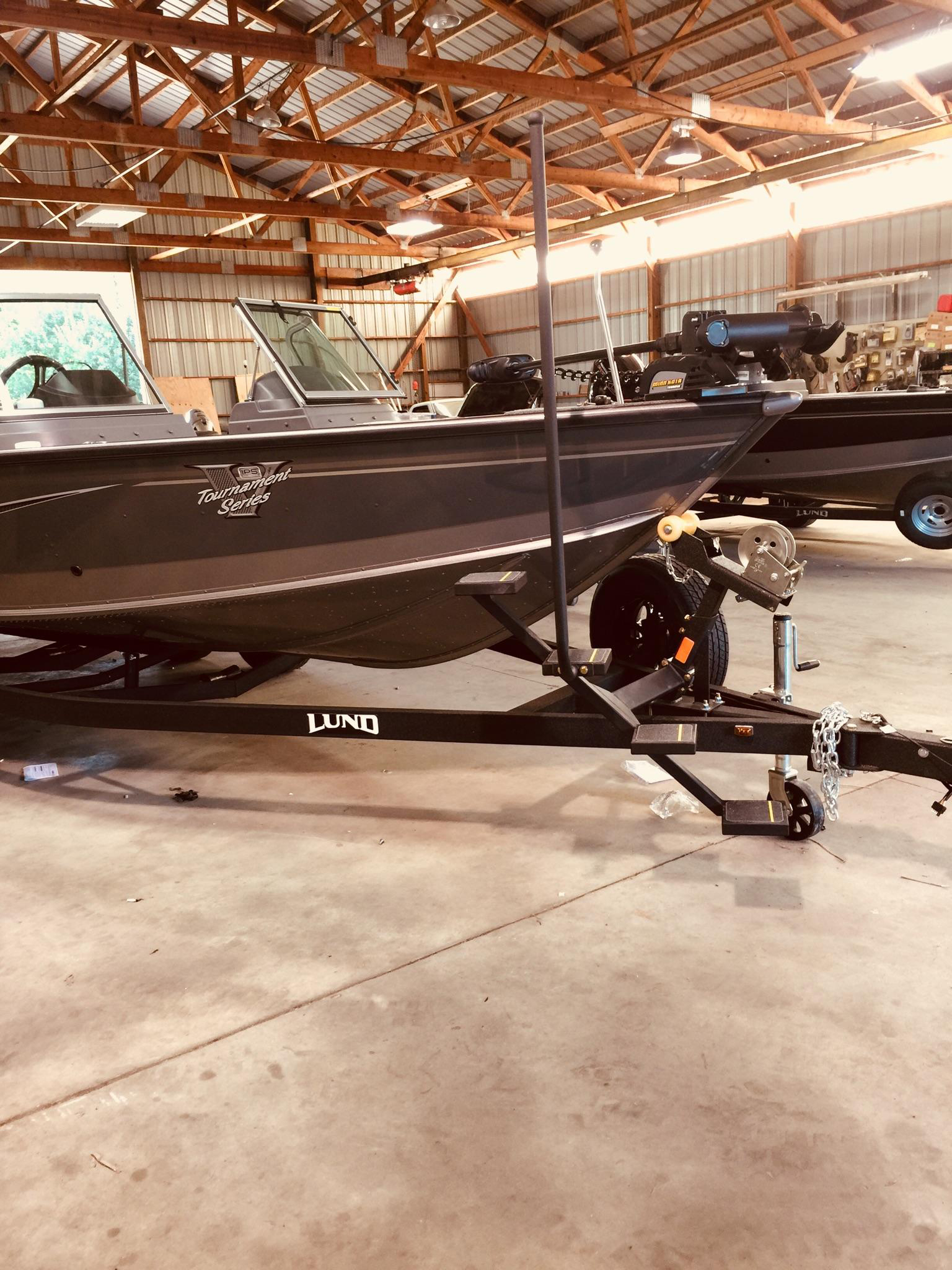Navigating the Waters: A Deep Dive into Marine Steps for Boats
Imagine the gentle rocking of a boat, the sun warming your face, and the vast expanse of water stretching before you. But how do you gracefully transition from the dock or the water itself onto your vessel? The answer lies in the often-overlooked yet crucial element of marine steps for boats. These seemingly simple structures are the bridge between land and sea, enabling safe and convenient access to our aquatic adventures.
Marine steps, also known as boat boarding ladders, boat steps, or swim platforms with integrated steps, come in a variety of forms, each designed to cater to specific needs and vessel types. From the retractable ladder tucked neatly away on a sailboat to the grand staircase of a luxury yacht, these access points are essential for both practicality and safety. Understanding their nuances can significantly enhance your boating experience.
The historical evolution of marine steps reflects the changing relationship between humans and the water. Early boats likely relied on simple rope ladders or precarious scrambling. As boat design evolved, so too did the need for more robust and user-friendly boarding solutions. The advent of materials like stainless steel, aluminum, and fiberglass revolutionized marine step design, allowing for greater durability, corrosion resistance, and aesthetic integration with the boat's overall structure.
The importance of marine steps extends beyond mere convenience. They are paramount for safety, especially in emergencies. A sturdy and readily accessible boarding ladder can be a lifeline for someone who has fallen overboard or for facilitating rescue operations. Moreover, they provide a secure and stable platform for embarking and disembarking, minimizing the risk of slips and falls, particularly for children, the elderly, or individuals with mobility challenges.
However, marine steps are not without their challenges. Corrosion, especially in saltwater environments, can compromise their structural integrity. Barnacle growth can create slippery surfaces, posing a hazard. Choosing the right type of steps for your boat and ensuring proper installation and maintenance are therefore crucial for ensuring longevity and safety.
Boat steps can be broadly categorized into fixed, retractable, and portable types. Fixed steps are permanently attached to the boat, offering continuous access. Retractable steps can be folded or stowed away when not in use, maximizing deck space. Portable steps are detachable and can be used for various purposes, including boarding from a dinghy or accessing shallow areas.
Three key benefits of marine steps are enhanced safety, improved accessibility, and increased convenience. Safety is paramount, as steps provide a stable platform for boarding and disembarking. Accessibility improves for everyone, particularly those with mobility limitations. Convenience is increased as steps allow for easy transition on and off the boat.
Advantages and Disadvantages of Different Marine Step Types
| Type | Advantages | Disadvantages |
|---|---|---|
| Fixed | Always available, sturdy | Can obstruct deck space |
| Retractable | Space-saving, versatile | Can be more complex to operate |
| Portable | Flexible, cost-effective | May require storage space |
Five best practices for marine steps include regular cleaning, inspection for damage, lubrication of moving parts, proper storage when not in use, and choosing corrosion-resistant materials.
Frequently Asked Questions:
1. What are marine steps? - Marine steps are devices that facilitate boarding and disembarking a boat.
2. What are the types of boat steps? - Common types include fixed, retractable, and portable.
3. Why are boat steps important? - They enhance safety and accessibility.
4. How do I choose the right boat steps? - Consider your boat type, usage, and budget.
5. How do I maintain my boat steps? - Regular cleaning and inspection are essential.
6. What materials are best for boat steps? - Stainless steel and aluminum are popular choices.
7. Are telescopic boat ladders good? - They offer space-saving advantages.
8. How do I install boat steps? - Professional installation is recommended.
Tips for using marine steps include ensuring they are securely deployed before use, avoiding overloading them, and keeping them clean and free of debris.
In conclusion, marine steps, whether a simple ladder or an integrated swim platform, are a vital component of any boat. They are the gateway to our maritime adventures, facilitating safe and convenient access to the water. From their historical evolution to the modern innovations in design and materials, boat steps have continuously adapted to meet the evolving needs of boaters. By understanding their importance, selecting the appropriate type for our vessels, and adhering to proper maintenance practices, we ensure not only our own safety and enjoyment but also the longevity of these crucial nautical tools. Consider your boating style, the specific requirements of your vessel, and prioritize safety and accessibility when choosing and maintaining your marine steps. The seamless transition between land and sea that these structures provide is a testament to their often-unsung significance in the world of boating.
Craigslist used cars san fernando valley
Navigating your health optum prohealth lake success
The unsung heroes of hygiene disposable bouffant caps in medicine














